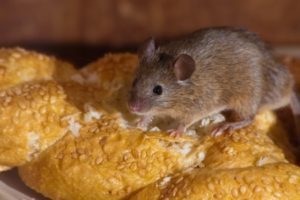 Leptospirosis is an unpopular but dangerous infection transmitted by pests, the infection affects pets and humans. The effects are usually mild but can become very severe and fatal without proper and prompt medical attention. A victim of the infection will experience mild symptoms as head and body aches, stiffening of the neck, fever, confusion, jaundice, and flus. In more severe scenarios, kidneys, livers and nervous system damage may ensue.
Leptospirosis is an unpopular but dangerous infection transmitted by pests, the infection affects pets and humans. The effects are usually mild but can become very severe and fatal without proper and prompt medical attention. A victim of the infection will experience mild symptoms as head and body aches, stiffening of the neck, fever, confusion, jaundice, and flus. In more severe scenarios, kidneys, livers and nervous system damage may ensue.
Leptospirosis is a bacterial infection that is bred outdoors. So, it’s unlikely that your pet is the transmitter of the disease. However, pests such as mice and rats, which regularly visit the home from the outdoors are the primary ministers of this bacterial infection to humans and pets.
Leptospira carrying rodents contaminate the premises of humans and our pets by urinating or pouring saliva all over our food, water or soil. The Leptospira bacterium finds its way into the body via broken skins, or mucous membranes found in the mouth, eyes, and nose, resulting in the infection. Inhalation of contaminated air can also strike a person with the rare infection.
The disease is common in the swampy wilds amongst the pests. For anyone who works in the wild, it will do a world of good to show up for work in complete protective cover. While pests and rodents may be the primary carriers of the infection, the disease is still transmittable via human contact. So, watch out for yourself.
Though the Leptospira bacterium is bred in swampy or moist regions, they are carried by pests who patronize these unhealthy areas to our domestic homes. Amongst other preventive measures, pest control is the reasonable way to go to ensure these pests don’t encounter you or your pets. Regular medical checkups for you and your pets is also advised. Better safe than sorry.

